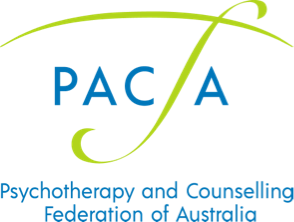Empty Nest Syndrome – What is it?
Recently my first born left home and this change stirred a wondering inside me. What will it be like to have no kids at home? A mixture of excitement and sadness arose in me and I began to think about the Empty Nest syndrome and its impact on parents.
Firstly, what is Empty nest syndrome?
Empty nest syndrome is not a clinical condition or diagnosis. It is a transitional period in life that highlights loneliness and loss. Parents may experience feelings of grief, sadness and a loss of purpose when their last child leaves home.
Although you might actively encourage your children to become independent, the experience of letting go can be painful. You might find it difficult to suddenly have no children at home who need your care. You might miss being a part of your children’s daily lives — as well as the constant companionship.
You might also worry intensely about your children’s safety and whether they’ll be able to take care of themselves on their own. You might struggle with the transition if your last child leaves the nest a little earlier or later than you expected. If you have only one child or strongly identify with your role as parent, you might have a particularly difficult time adjusting to an empty nest.
What’s the impact of empty nest syndrome?
In the past, research suggested that parents dealing with empty nest syndrome experienced a profound sense of loss that might make them vulnerable to depression, alcoholism, identity crisis and marital conflicts.
However, recent studies suggest that an empty nest might reduce work and family conflicts, and can provide parents with many other benefits. When the last child leaves home, parents have a new opportunity to reconnect with each other, improve the quality of their marriage (or if single begin a relationship) and rekindle interests for which they previously might not have had time.
Ways you can cope with empty nest syndrome.
If you’re experiencing feelings of loss due to empty nest syndrome, there are some steps you can take to ease the transition. For example:
- Stay connected. You can continue to be close to your children even when you live apart by making the effort to keep in touch through maintaining regular contact such as, visits, phone calls, emails, texts or video chats.
- New Identity. After your child’s departure you can refocus your attention on yourself through hobbies, travel, friendships, career or education goals.
- Stay positive. Thinking about the extra time and energy you might have to devote to your marriage or personal interests after your last child leaves home might help you adapt to this major life transition.
- Seek support. If you’re having a difficult time dealing with an empty nest, lean on loved ones and other close contacts for support. Share your feelings. If you feel depressed or overwhelmed for extended periods consult your doctor and/or reach out to a Psychotherapist or counsellor.
So, if your last child is about to leave home and you’re worried about empty nest syndrome, formulate a plan. Look for new opportunities in your personal and professional life. Keep busy or tak on new challenges at work or at home, form a stronger connection with your partner, friends and yourself. Doing this can help ease the sense of loss that your child’s departure might cause. Transitions and change are a part of life, be kind and patient with yourself, with time you will adjust and begin to find your way!






